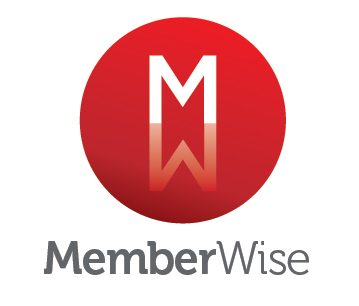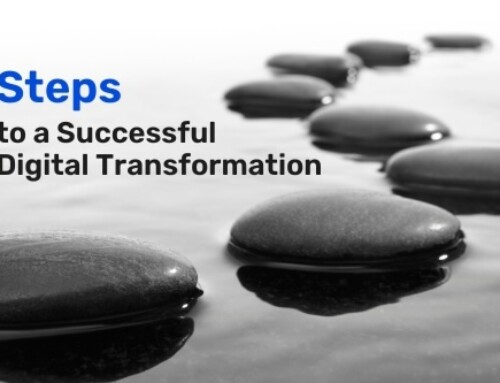In our previous article – Leading through the pandemic – how leaders of membership organisations have met the challenge, we introduced you to our new report and the first two sections of the report.
For anyone who hasn’t read this first article, we have just released a new report – Leading through the pandemic – how membership organisations have met the challenge, created with our strategic partners Rise Above.
The aim of the report was to explore how leaders of membership organisations have led through the pandemic, and what insights they could share with other industry leaders.
To answer these questions, we carried out research in the form of personal interviews with leaders of membership organisations in the UK, and the recognised membership authority MemberWise themselves.
The outcome is an uplifting story of success in the face of an existential global threat. To access the full report click here.
In this article, we are going to explore key insights from the next two sections of the report, pandemic good and pandemic bad which you can read below.
Pandemic Good
The best thing about the pandemic for membership organisations has been the acceleration of digital transformation, but this will not guarantee success.
No-one was fully prepared digitally or organisationally to cope with the perfect storm of difficulties and demands that raged across the first lockdown in March 2020. Some were better-prepared than others thanks to the measured implementation of over-debated and under-valued plans for digital upgrades, but no-one was Covid-ready.
Richard Gott, Founder of MemberWise says ‘Informal insight from a growing number of membership organisations indicates many have tech-d up in one year what they would normally have achieved in five.’
Some were ahead of the game, usually owing to a mixture of judgement and luck. The CEO of a medical professional services organisation who took over in early 2019 says, ‘The chairman gave me the job because of my vision of a digital-first twenty first century organisation. At the time we were quill pen and paper.
‘The first thing I did was build a cloud-based financial system around Xero. Then we rebuilt the website, and just before Covid hit launched a new mailing system via Mailchimp. Our web traffic quadrupled, and we were pushing out three email campaigns a week. I had a team in place for hosting events at our head office. We had to change the people and recruit digital skills instead. April was our first webinar on Demio. We did two years’ work in nine months.’
It is never just about digital transformation. Digital transformation is centre stage now because so many membership organisations weren’t ready for it, yet have still managed to achieve it. Digital transformation should be seen as central to, but still only part of, the organisation’s business model. It is the gearbox and transmission system enabling the organisation to achieve value for its members – but it is not the whole car.
Pandemic Bad
For experienced, well-connected, confident leaders and managers there have been many benefits from working from home during lockdown. These senior people have built a foundation of socially-accrued capital, or the accumulation of experience, expertise and formal and informal networks of colleagues, family and friends. This connectedness has been a life-raft during Covid.
But younger people have far less socially-accrued capital. Twenty-somethings who have just joined an organisation or have a few years’ experience have less rounded organisational networks. Their mental and physical health is a grave concern for senior people in membership organisations, as everywhere else.
It’s not only the twenty-somethings who are a grave concern, but also those in their thirties and forties. The leader of a professional services organisation specialising in research points out that these are the very managers that leaders most depend on. They have been significantly impacted by having very young children at home and home-schooling older children.
Not all membership organisations have thrived in the pandemic. One of the biggest in the UK lost a million members at the start of lockdown as people facing furlough cancelled nice-to-have direct debits and standing orders. Many have struggled to acquire new members.
Richard Gott, Founder of MemberWise says ‘A few loud voices cried it was the death of membership. Conversely, we championed it’s never been a better time to be a membership organisation’
It is also worth noting that before the pandemic, MemberWise was advocating 10% of annual income should be invested in digital. The reality was 2.5%
Everyone is in difficult circumstances; some are in impossible ones. Leaders and managers must take responsibility and have the strength and stamina to mentor team members honestly and empathetically.
To read the full findings from these two sections, plus the full report, leading through the pandemic, visit our website where you can download your copy.
Granite 5 specialise in supporting membership organisations to harness their digital footprint to increase member acquisition and retention.









Leave A Comment